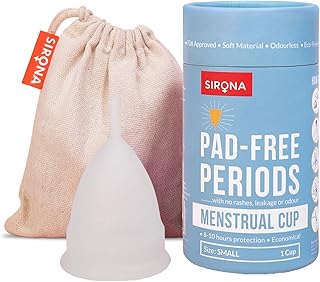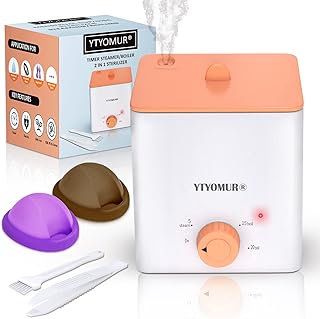Menstrual health and hygiene play a crucial role in empowering women and girls, shaping their lives during critical developmental stages. Focusing on managing menstrual health effectively from the outset can have a significant impact on female empowerment. However, the consequences of neglecting this aspect are evident across various domains.
One key issue is the lack of adequate infrastructure, with millions of children globally lacking sanitation services in schools, and women facing challenges in managing their menstruation due to insufficient facilities. This deficiency in infrastructure not only affects education but also contributes to absenteeism among menstruating girls, impacting their academic performance and overall progress in school.
In addition to infrastructure, the accessibility and affordability of menstrual products pose significant challenges in many countries. The unavailability of affordable menstrual products leads to adverse consequences, such as girls engaging in transactional sex to obtain sanitary pads. Furthermore, the environmental impact of disposable sanitary products adds to the global waste burden, highlighting the need for sustainable solutions.
Social stigmas surrounding menstruation further exacerbate the challenges faced by women and girls, perpetuating harmful beliefs and taboos. These societal norms contribute to a culture of shame and secrecy around menstruation, affecting girls’ self-esteem and confidence.
Addressing these multifaceted challenges requires integrated solutions that encompass sexual and reproductive health education, adequate sanitary infrastructure, sustainable menstrual products, and supportive policy frameworks. Collaborative efforts involving various sectors, such as water, education, finance, and health, are essential to implement holistic approaches to menstrual health and hygiene.
Research has shown promising outcomes from initiatives that combine menstrual cups with comprehensive support programs, leading to reduced school drop-out rates and improved health outcomes for adolescent girls. Moreover, the menstrual products industry not only offers economic opportunities for women but also serves as a platform for delivering essential services like reproductive health counseling and violence prevention.
Efforts to promote menstrual health and hygiene have gained momentum, with initiatives like the MHH Resource Package providing valuable insights and guidance for professionals in the water and sanitation sector. Practical interventions, such as providing water, sanitation, and hygiene facilities along with menstrual education in schools, have shown tangible benefits in empowering girls and enhancing their educational outcomes.
Notably, projects like the Urban Sanitation Project in Mozambique, supported by the World Bank, have demonstrated the positive impact of comprehensive interventions that address menstrual health alongside infrastructure improvements. By ensuring access to essential resources like sanitary pads and soap, these initiatives have transformed girls’ experiences with menstruation, enabling them to manage their periods confidently and stay engaged in their education.
📰 Related Articles
- Addressing Period Poverty: Empowering Girls Through Menstrual Health Education
- World Bank’s Impactful Investments in Menstrual Health Empower Women
- World Bank’s Holistic Approach Empowers Women Through Menstrual Hygiene
- Reema Al Khatib: Empowering Women Through Luxury Footwear
- Menstrual Health Crisis Grips Women in War-Torn Gaza
📚Book Titles
- Empowering Elegance: Mastering the Art and Business of the Lash Industry
- Beyond the Brink: Human Resilience in Earth’s Harshest Realities
- Unveiling the Shadows: The Profound Quest to Decode the Dark Universe
- Strategic Real Estate Investment: Profiting through Market Understanding, Capital Growth and Negotiation






